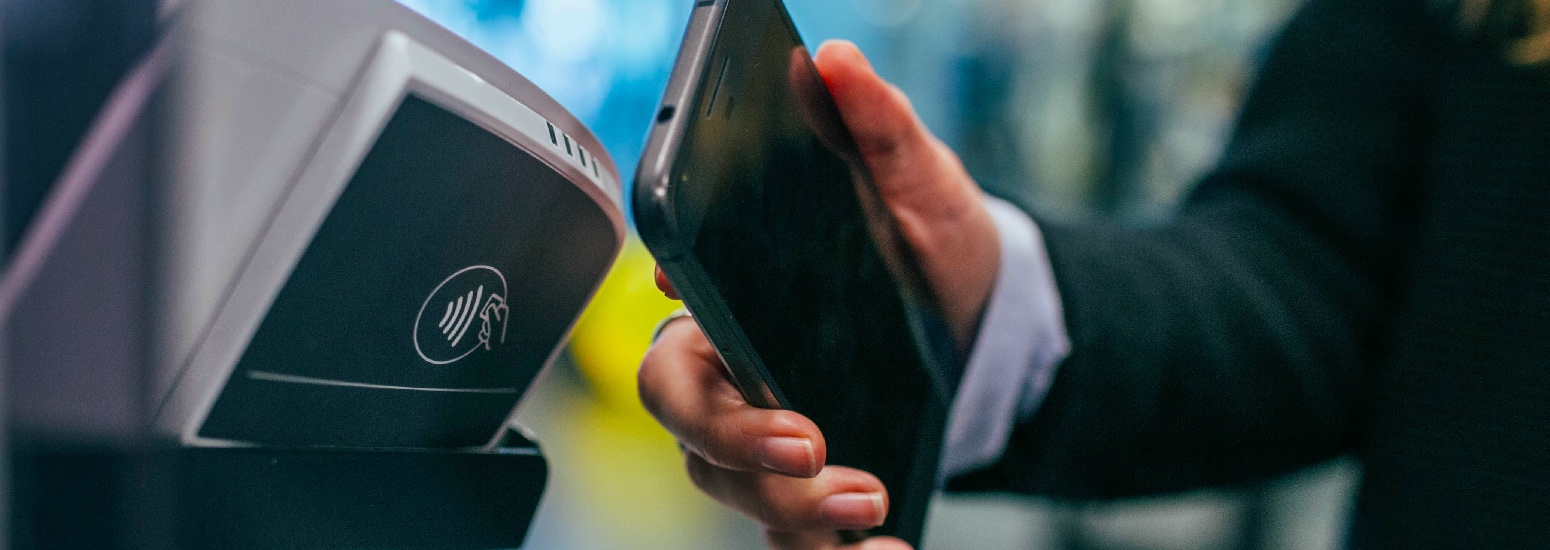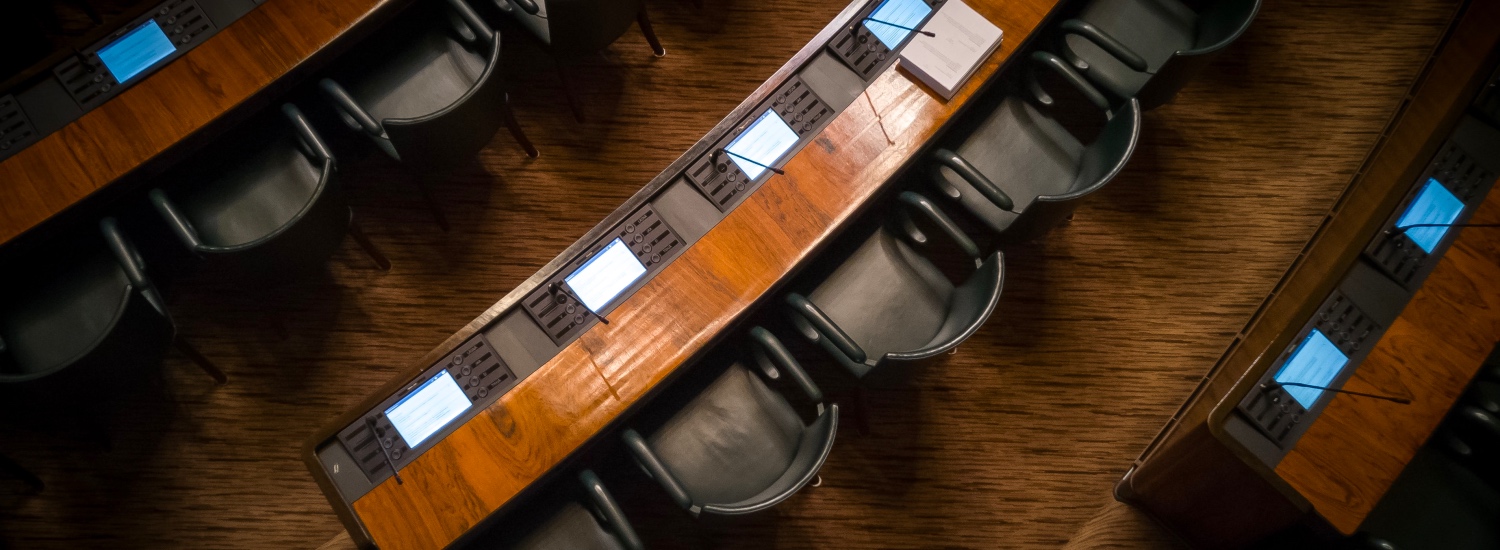
COVID-19: how new technologies can prevent future pandemics!
We are living through the ultimate Black Swan event of our era… The World Health Organisation (WHO) officially declared Coronavirus (Covid-19) a pandemic on the 11th of March. Prior to the WHO’s announcement, Italy had gone into complete shutdown; images of Italians singing from their balconies4 portrayed a jovial and strong sense of community spirit, less seen in our chaotic modern lives. March the 14th; Spain on lockdown5, imposing a €600 – €30,000 fine for being “caught” outside seemed rather draconian and serious, especially when compared to any Government action during the previous SARS epidemic in 2002. Then next was India. The whole of India, 1.3 Billion people locked down on President Modi’s orders. Coronavirus becomes a serious concern, not the common variety flu that washing your hands to the national anthem would get rid of, thanks Mr. Rees-Mogg.
Currently, as we stand, a third of the Global population is on a Coronavirus lockdown9, airlines are cancelling flights, and the Global economy has begun to meltdown. Unprecedented times you’re sure to remember; historical times!
The Human Cost
Since the first detection on the 31st December, the Coronavirus has rapidly spread around the world. At present we have over 1.3 million confirmed cases, the majority in the US, Europe and China, and an estimated death toll of 75,000 worldwide.
Initial symptoms include a dry cough, fever, and shortness of breath. Conditions can rapidly escalate to pneumonia. If the virus progresses to this stage the patient only have their immune system to rely on, as antibiotics are ineffective. Most of the infected that do find a fateful end have suffered from underlying health ailments or are of old age, however recently a 13 year old and 19 year old, with no underlying health conditions unfortunately died.
The Economic Cost
All over the world, the Global economy has taken a body blow… Equities, precious metals, even crypto markets have taken a nosedive due to Covid-19. The Dow Jones took an almost 20% dip after an 11 year bull run, the S&P 500 dropped more than 7%. Bitcoin dropped from nearly $10,000 to $4,000, currently struggling to find strong ground above $6-7,000, nearly a 40% decline in as many days. Oil prices and stocks plunged to multi-year lows16. Even the price of gold, traditionally a safe-haven for investors, has shown worrying signs of decline.
To add to the turbulence, restrictions prohibiting foreign travel are further disrupting international business, travel alone is predicted to cost the airline industry a mammoth $29 billion18. Manufacturing and supply chain disruption is going to further have a catastrophic affects across all verticals. Analysis of high frequency metrics (e.g. road congestion, energy utilisation, pollution levels) indicate that China’s manufacturing sector, which had already been suffering since February, may only be operating at 70%-80% of it’s pre-COVID-19 production levels.
Financing for business is a real concern in the short-term future. Many FTSE100 companies are going to struggle to survive through these tough times never mind the pressure on pre-revenue start-ups with limited financing. To add to this investors have just taken a significant hit to their portfolios and are understandably unlikely to fund lengthy burn rates with low to no revenues.
The Medical Barriers
Doctors, nurses, clinicians, research scientists, medical engineers and healthcare specialists all over the world have been working to find an effective vaccine against the virus. AI analysts, 3D printing specialists and motor companies are racing to develop medical equipment and deploy effective testing, detection and quarantine methodologies to track COVID-19; often with limited resources and large populations. There have been a number of different approaches leading to small successes; China’s authoritarian approach involving mandatory facemasks and segregated lockdown measures have lead to numbers dropping in Wuhan, and South Korea’s approach of mass free testing and treatment facilities have lead to possibly the most effective way to manage a virus of this nature.
Researchers analysing the crisis complained of a lack of data integration from verified sources crippling the effectiveness to respond to such an event.
Bureaucratic red tape and an archaic, disorganised, capitalist-minded medical industry has lead to a disjointed medical system not able to react to such a dramatic Global catastrophe. How can we share videos on YouTube so easily but not our vital, life-saving medical data…
2020: Rise of the Megatrends
The COVID-19 pandemic will accelerate a number of key “megatrends” of the last 15-20 years, namely: AI, Biometrics, Blockchain, Digital Identity, Data Transparency, Drones, Robotics and 3D Printing technology. Over the past decade, consumers and society, primarily in developed nations, have become increasingly acclimatised to digital services; moving away from physically delivered services towards digital alternatives accessible on any device able to run an app or web browser. The digital revolution has affected most sectors in the Western world and has been most acute for the retail and finance sectors. The rise and healthy adoption of ecommerce and digital banking has challenged and even replaced the traditional models of advertising and physical brick-and-mortar stores via digital services and platforms.
The current need and implementation of Social Distancing is forcing us all to perform our daily lives in a remote digital manner. Whether that is working from home (aka #WFH) video conferencing with colleagues, or having the kids next door attending digitally delivered lessons & submitting homework via similar communication platforms usually reserved for the workplace. This seismic event has dramatically affected demand for online services to the extent that Netflix has reduced their streaming quality in Europe for 30 days and Zoom is currently serving Fortune 500 board meetings to nursery sing-a-longs; their share price also went through the roof!
Social Distancing has forced society to work remotely; digital verification and authentication of people, tasks, and transaction is going to vastly increase. The increased demand for digital identity authentication solutions that work across multiple end points, in a user friendly & application appropriate, complying with regulation (think GDPR…), improve [or at least maintain] current levels of fraud, and lastly, have the capacity to scale and meet sudden surges in demand, are going to play a pivotal role in our digital lives.
As we have seen, this is happening across all sectors; retail, finance, government, entertainment and education. The repercussions of this Global event is going to change the manner in which we operate, but are we going to return to ‘normal’ after Coronavirus or will these ‘emergency measures’ become a more permanent factor in our ever more digital lives?
It is going to be interesting to see the outcome of these events once we recover from the crisis. Will we continue to work from home? Will we avoid commuting in rush hour, opting for a virtual catch up meeting? Will we shop in supermarkets, or has that Ocado account become the new digital butler? Movies in the cinema, or just stream it off TikTok? Could this truly be the beginning of our digital lives?
Personally I think there will be some immediate impacts of the pandemic, but other sector will most likely return to normal…let’s all hope for a mandatory #WFH day – if not to contain a pandemic then at least to help with pollution. (Some cities have experienced CO2 reduction of nearly 50%25, but I will save “flattening the curve” of our environmental impact on the Planet for another blog…)
Gateway Platform
The Gateway Platform offers a digital platform for governments, businesses and citizens to interact in a secure verifiable environment. These interactions can include sensitive data surrounding financial, healthcare and other personal information the data owner allows to share with Gateway’s partners. Gateway’s biometric identity and verification platform will equip Governments and organisations with the digital infrastructure to enable unprecedented development in the African continent.
Resources
1. https://www.theguardian.com/world/2020/mar/14/what-is-a-pandemic-coronavirus-covid-19
2. https://www.bbc.co.uk/news/world-51839944
3. https://www.nbcnews.com/news/world/coronavirus-has-italy-lockdown-what-rest-us-have-look-forward-n1155396
4. https://www.classicfm.com/music-news/videos/quarantined-italy-musicians-play-sing-balconies/
5. https://www.brusselstimes.com/all-news/belgium-all-news/health/102803/spain-extends-lockdown-measures/
6. https://www.theolivepress.es/spain-news/2020/03/16/fines-of-up-to-e600000-for-disobeying-coronavirus-lockdown-in-spain/
7. https://www.nytimes.com/2020/03/24/world/asia/india-coronavirus-lockdown.html
8. https://www.theneweuropean.co.uk/top-stories/jacob-rees-mogg-handkerchief-advice-1-6541018
9. https://www.businessinsider.com/countries-on-lockdown-coronavirus-italy-2020-3?r=US&IR=T
10. https://www.sciencedirect.com/science/article/pii/S0929664620300449
11.https://gisanddata.maps.arcgis.com/apps/opsdashboard/index.html#/bda7594740fd40299423467b48e9ecf6
12. https://www.who.int/docs/default-source/inaugural-who-partners-forum/coronavirus-poster-english-srilanka.pdf?sfvrsn=289dedc3_0
13. https://www.aljazeera.com/news/2020/04/uk-boy-13-dies-coronavirus-family-close-200401071545416.html
14. https://www.cnbc.com/2020/03/08/dow-futures-drop-700-points-as-all-out-oil-price-war-adds-to-coronavirus-stress.html
15. https://www.fxstreet.com/cryptocurrencies/news/bitcoin-price-analysis-btc-usd-triangle-pattern-hints-reversal-to-5-000-imminent-202004010417
16. https://www.investorsobserver.com/news/market-week-ahead/historic-drop-monday-as-oil-price-collapse-adds-to-corona-virus-panic
17. https://www.investorideas.com/news/2020/main/03123DailyNews-Gold.asp
18. https://airlines.iata.org/news/coronavirus-outbreak-set-to-cost-airlines-30bn-in-revenue
19.https://www.lazardassetmanagement.com/us/en_us/references/announcements/coronavirus
20. https://www.forbes.com/sites/kenrapoza/2020/03/12/china-and-south-korea-models-seem-like-only-way-to-contain-covid-19/#6e607d8547d3
21. https://ehrintelligence.com/news/covid-19-exposes-lack-of-health-data-exchange-interoperability
22. https://www.bbc.co.uk/news/technology-51968302
23. https://www.theguardian.com/technology/2020/mar/31/zoom-booms-as-demand-for-video-conferencing-tech-grows-in-coronavirus-outbreak
24. https://venndiagrams.substack.com/p/beginning-our-digital-lives
25. https://www.bbc.co.uk/news/science-environment-51944780










